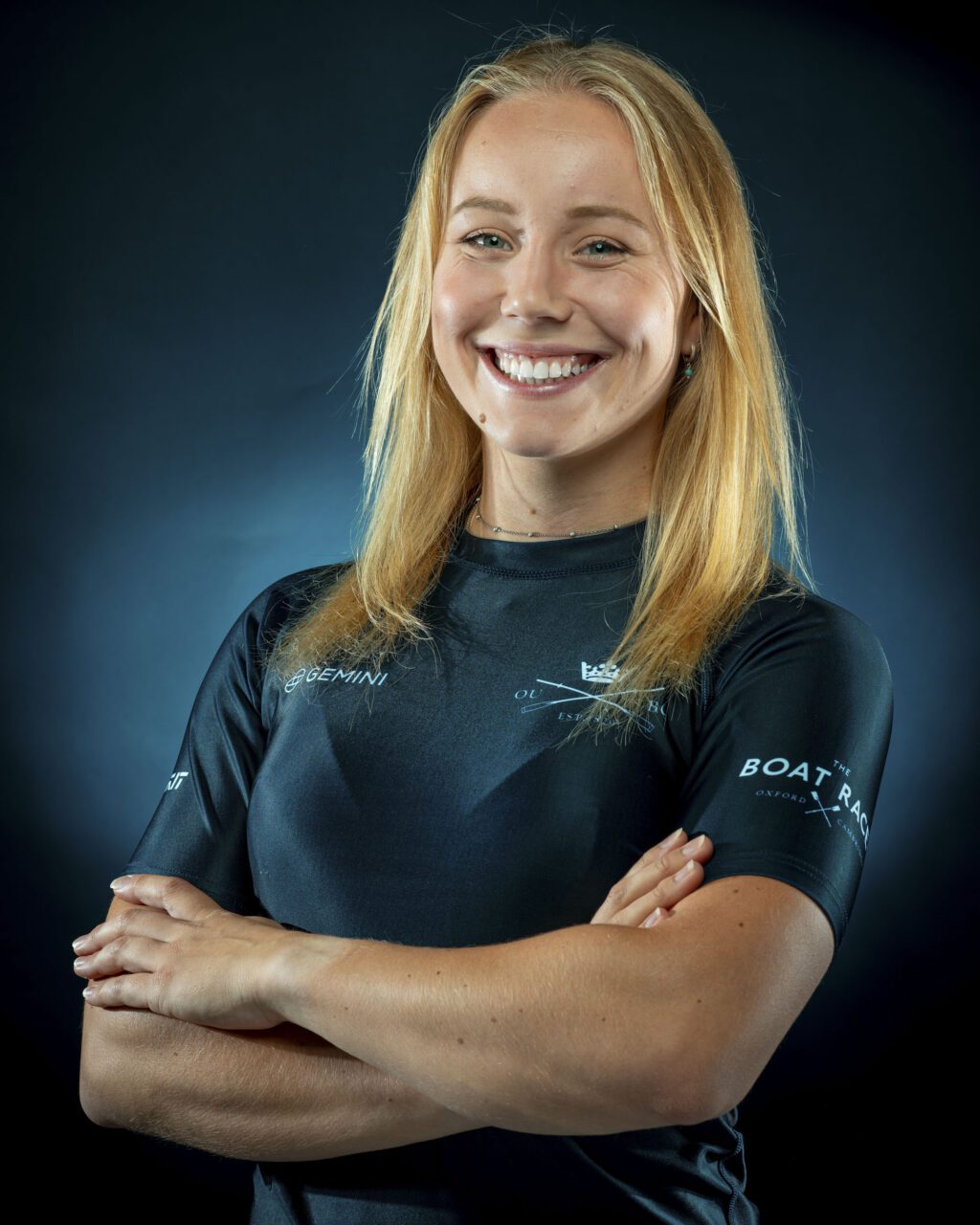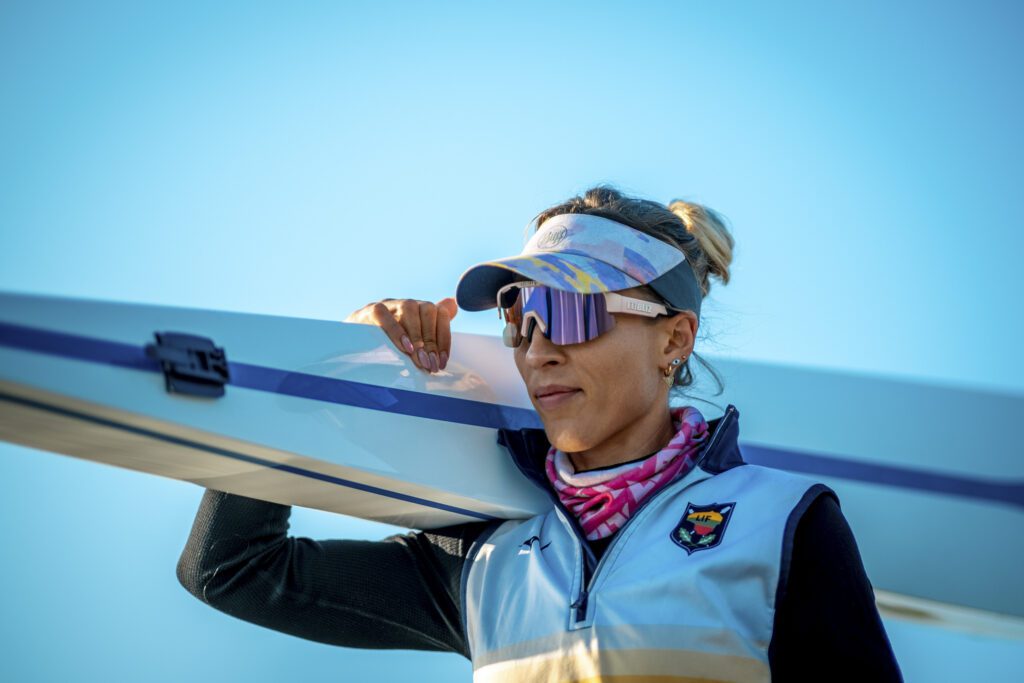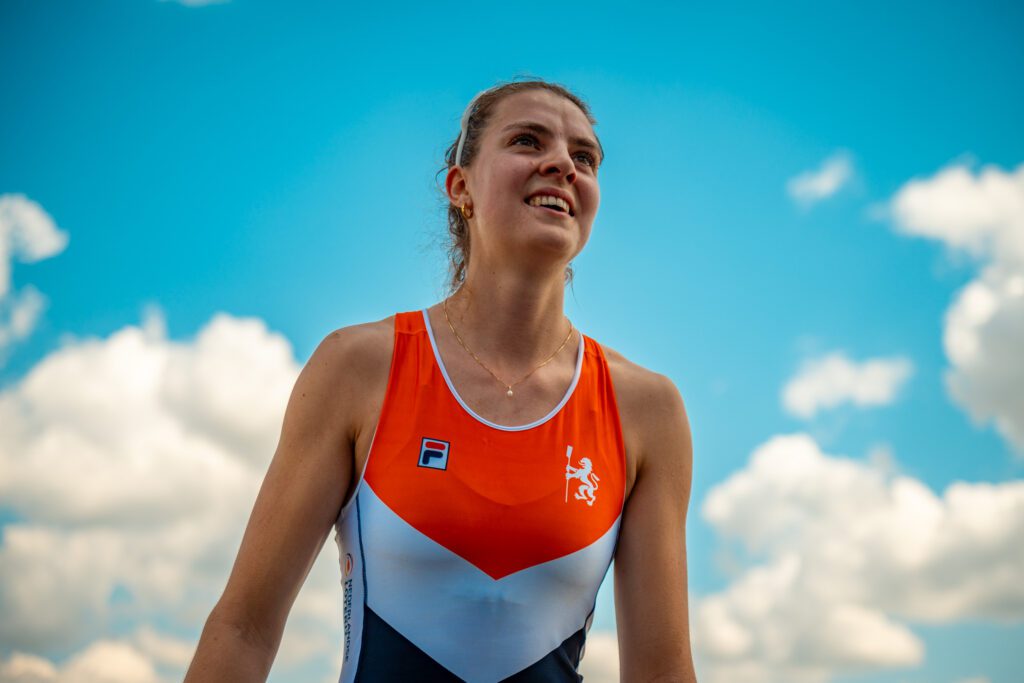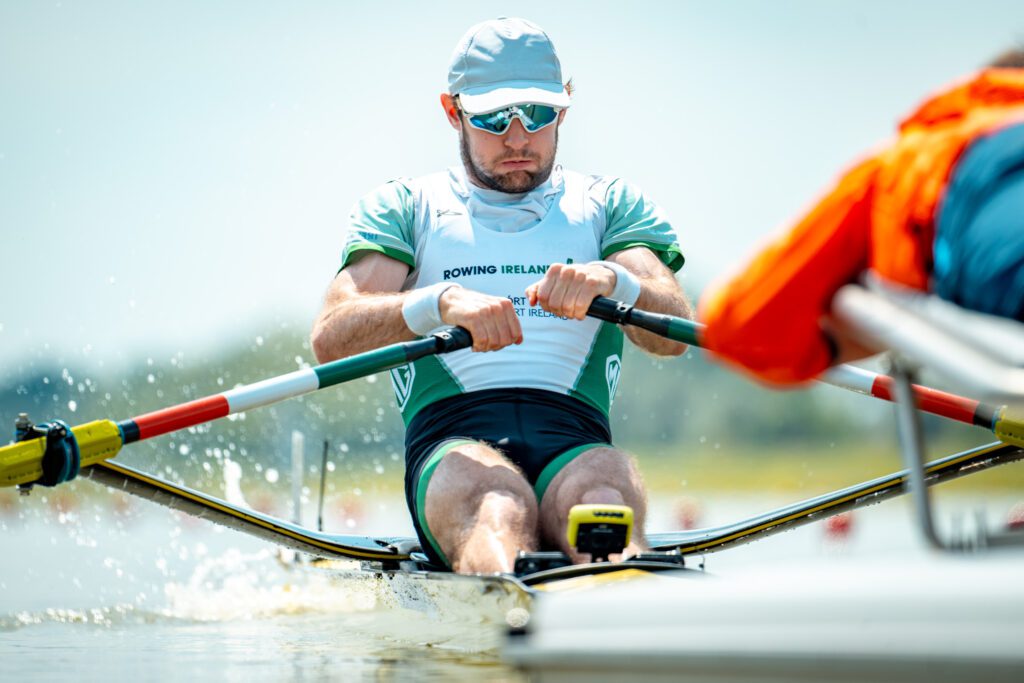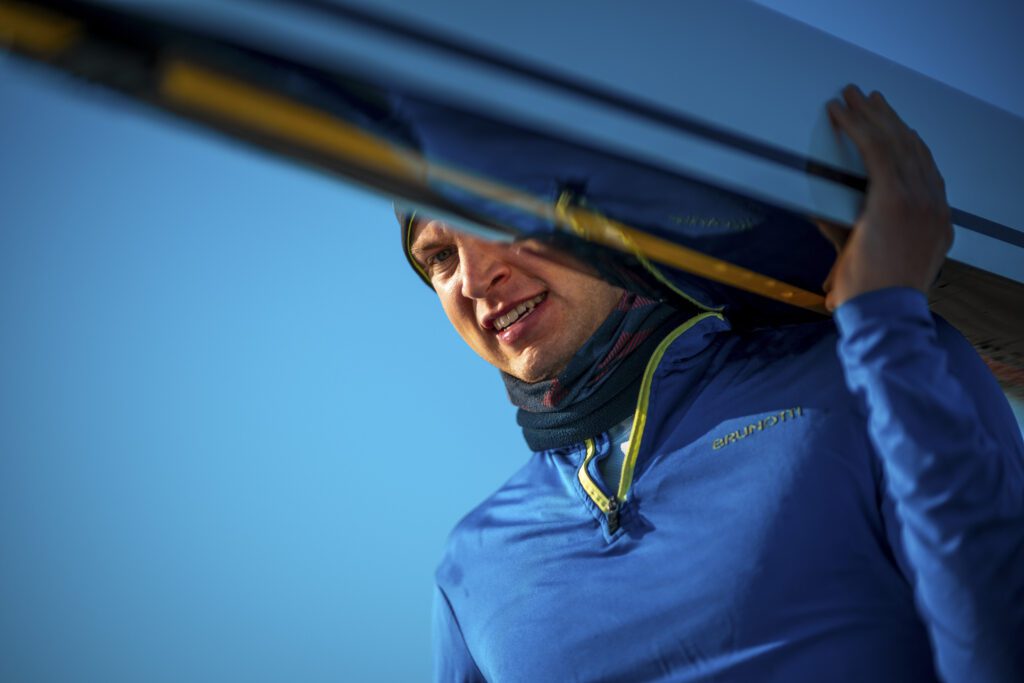In the ebb and flow of history, there exists a momentous tide of change, a departure from the past that echoes through time. As we honour International Women’s Day, it becomes a poignant juncture to immerse ourselves in the narrative of women’s rowing in Oxford — a saga that transcends the mere chronicles of victories and defeats. It stands as a testament to shattering barriers, rewriting legacies, and crafting a new era on the venerable Tideway.
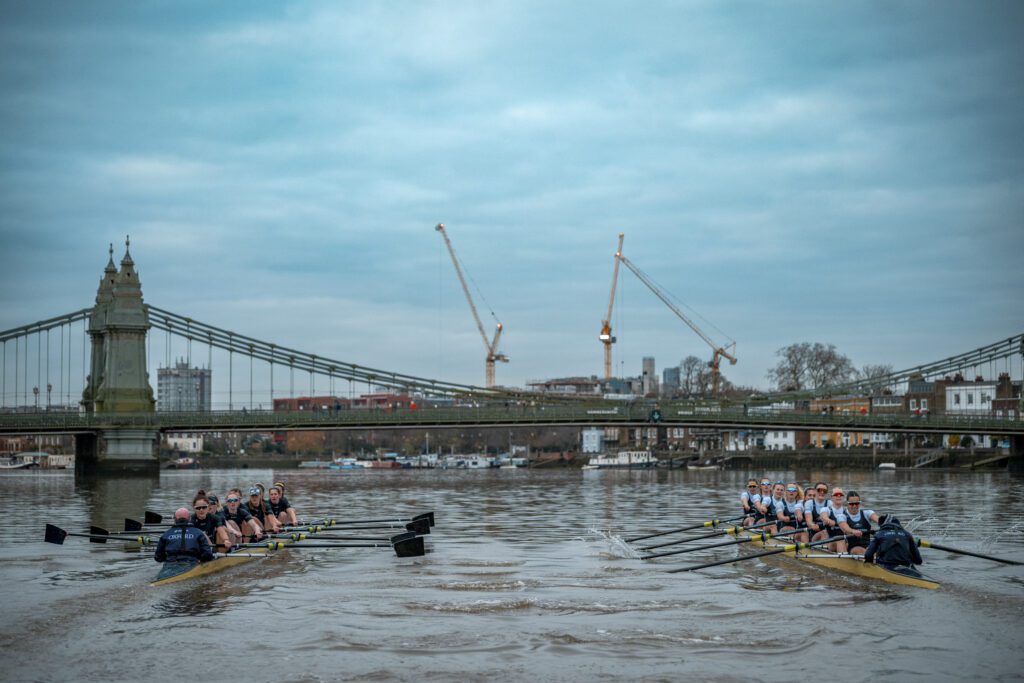
Photo Oxford women racing on the Tideway
Credit Benedict Tufnell
My academic journey at Oxford, particularly delving into the Cold War era and its repercussions on female athletes, unravels a tumultuous past where women grappled not only with the challenges of athletic competition but also societal expectations dictating conformity to traditional notions of femininity.
During the 1970s and 1980s, the derogatory term “looking like a Russian shot putter” served as a weapon wielded by British teenagers to demean muscular female peers. The prejudice against muscular women prevailed; they were unjustly excluded from the realm of genuine femininity. This biased perspective echoed across the Atlantic, where US newspapers struggled with the paradox of the female athlete. It seemed inconceivable that women could embody both athleticism and femininity. US female sprinter Willye White, a five-time Olympian between 1956 and 1972, succinctly encapsulated the tension between athletic prowess and femininity in 1979, stating, “A female athlete is always two different people. A male athlete can be the same all the time.”
“Make history, inspire future generations, and declare unequivocally that a female athlete does not have to be two different people.”
Ella Stadler
These entrenched anxieties have persistently haunted the institutional arena. In 1928, the male-dominated International Olympic Committee barred women from the 800-meter race, deeming them too frail for such competition. The event remained excluded until 1960.
This struggle to reconcile athleticism with societal ideals is a challenge not foreign to the illustrious alumnus of women’s rowing in Oxford, whose journey epitomizes tenacity, resilience, and an unwavering pursuit of recognition. The Women’s Boat Race, inaugurated in 1927, arrived 98 years after the men’s inaugural race in 1829. Women’s Blue Boats did not row side-by-side until 1935, instead engaging in a time trial format and being judged against Cambridge based on metrics of speed and style. Only in 2015 did the Women’s Boat Race align with the format of the men’s, shifting to the Championship Course and extending to 6.8km. Now, in 2024, we witness the merger of Oxford University Boat Club’s men’s, women’s, and lightweight squads.
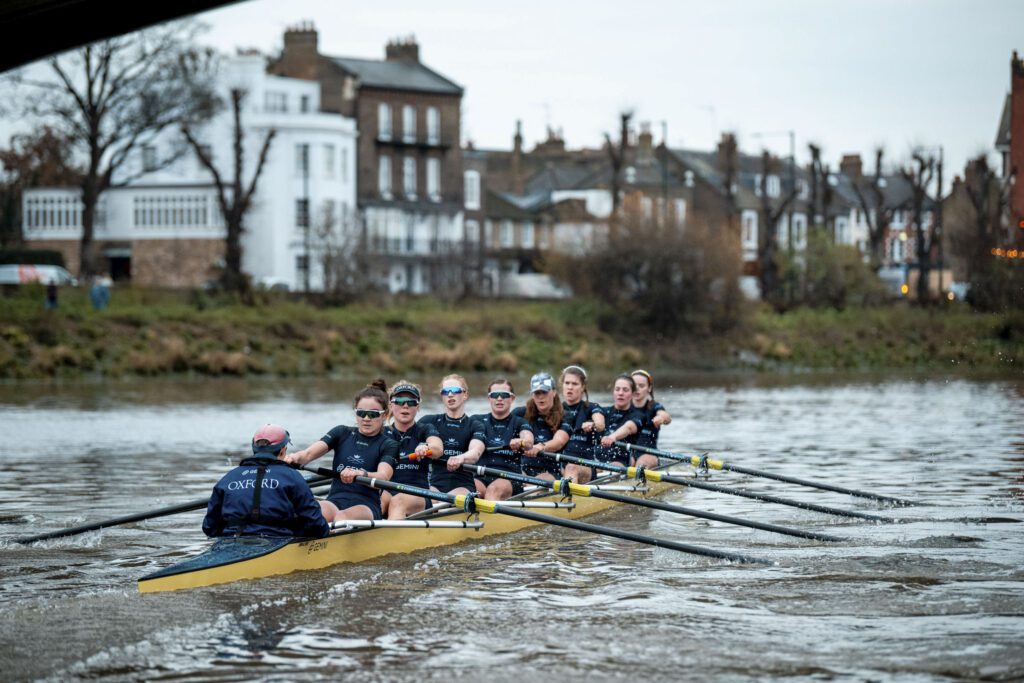
1/1

1/1

1/1
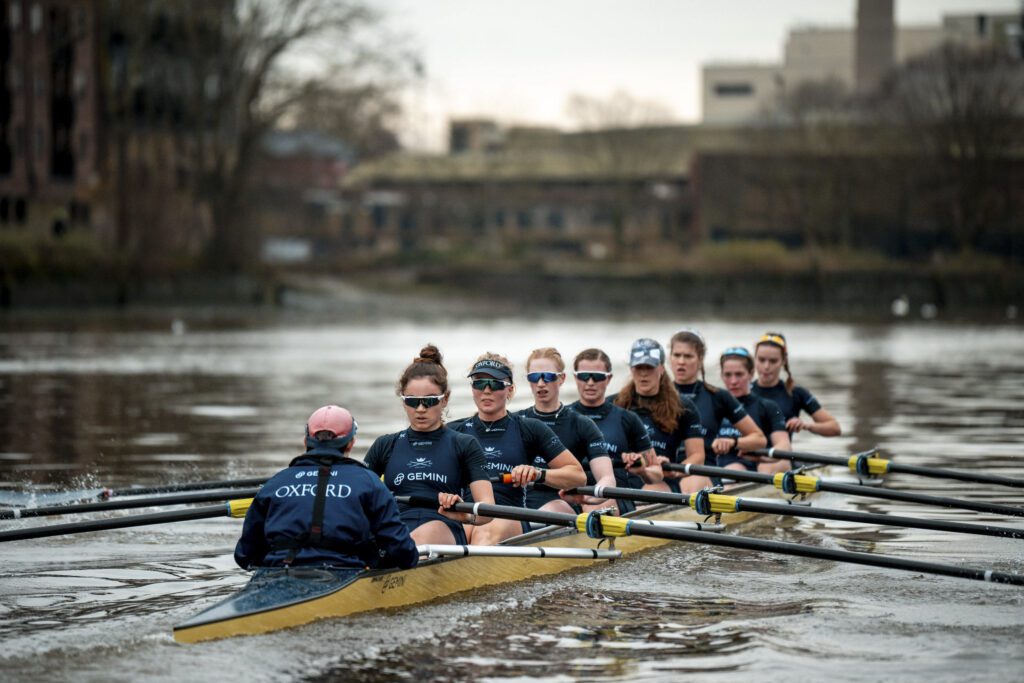
1/1
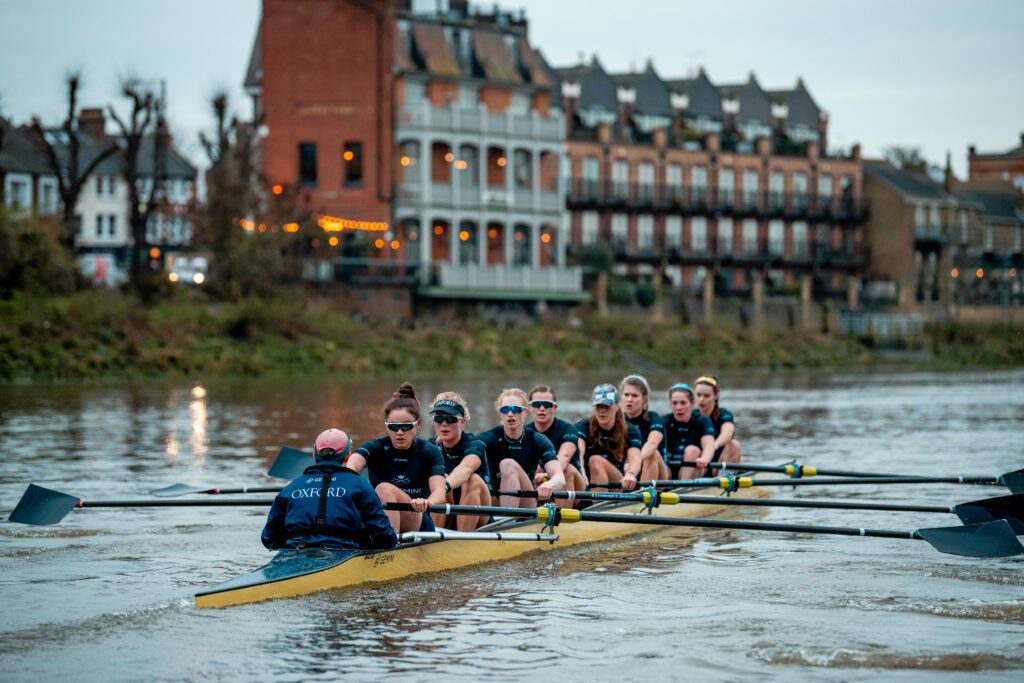
1/1
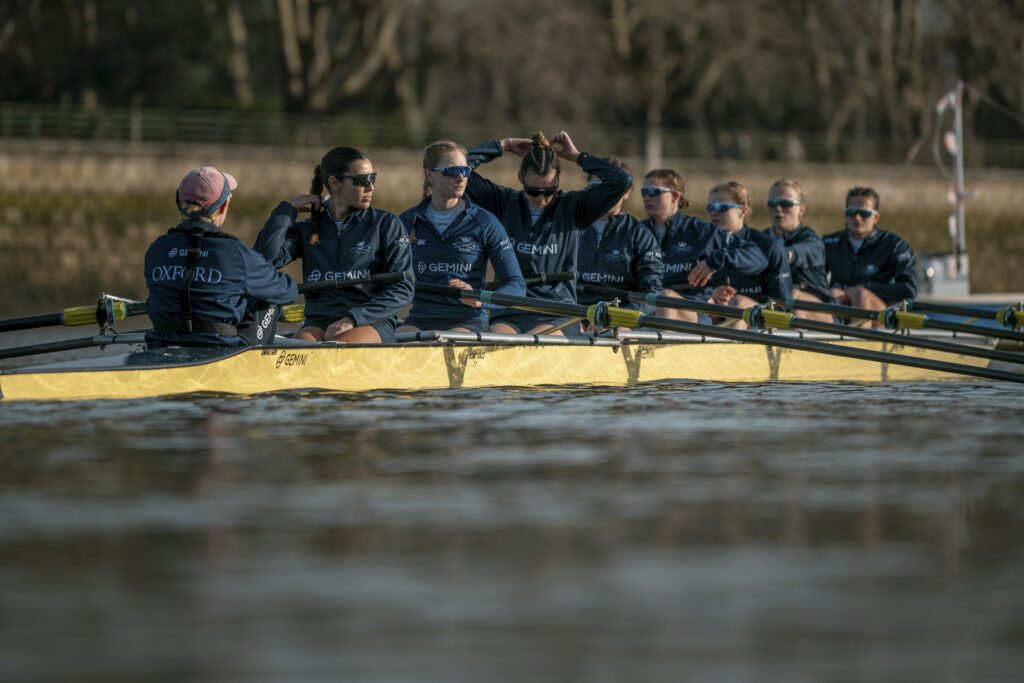
1/1
Drag
Standing just 22 days away from the 78th Women’s Boat Race and 169th Men’s Boat Race, International Women’s Day 2024 symbolizes a convergence of histories and a stride toward gender equality in the realm of rowing.
As the inaugural Women’s Squad President of the newly amalgamated OUBC, my role extends beyond the pursuit of boat race triumphs and leading my team; it encompasses inspiring the next generation. A 2022 study by Women in Sport revealed that more than 1 million girls who identified as sporty in primary school lose interest in physical activity as teenagers. The 40 women of the 2024 OUBC squad recognize our role and our platform to inspire participation for young girls interested in rowing or any sport into adulthood. The 2024 Boat Race is an opportunity to make history, not just for Oxford but for women in sports globally. It’s a chance to inspire future generations, showcasing that barriers can be dismantled, stereotypes shattered, and victories claimed through unwavering dedication and collective effort.
“1 million girls who identified as sporty in primary school lose interest in physical activity as teenagers.”
Study by Women in Sport
Navigating the currents of the Tideway, we carry with us the legacy of those who came before — the women who represented Oxford in the past, the advocates who paved the way, and the countless others who dream of following in our wake. The 2024 Boat Race is our opportunity to leave an indelible mark on history, to stand as a beacon for the strength, resilience, and triumph of women in sports. As one Oxford, we are ready to make history, inspire future generations, and declare unequivocally that a female athlete does not have to be two different people; she is strong, powerful, and equal.
Video Making History | The First Women’s Boat Race | British Pathé
